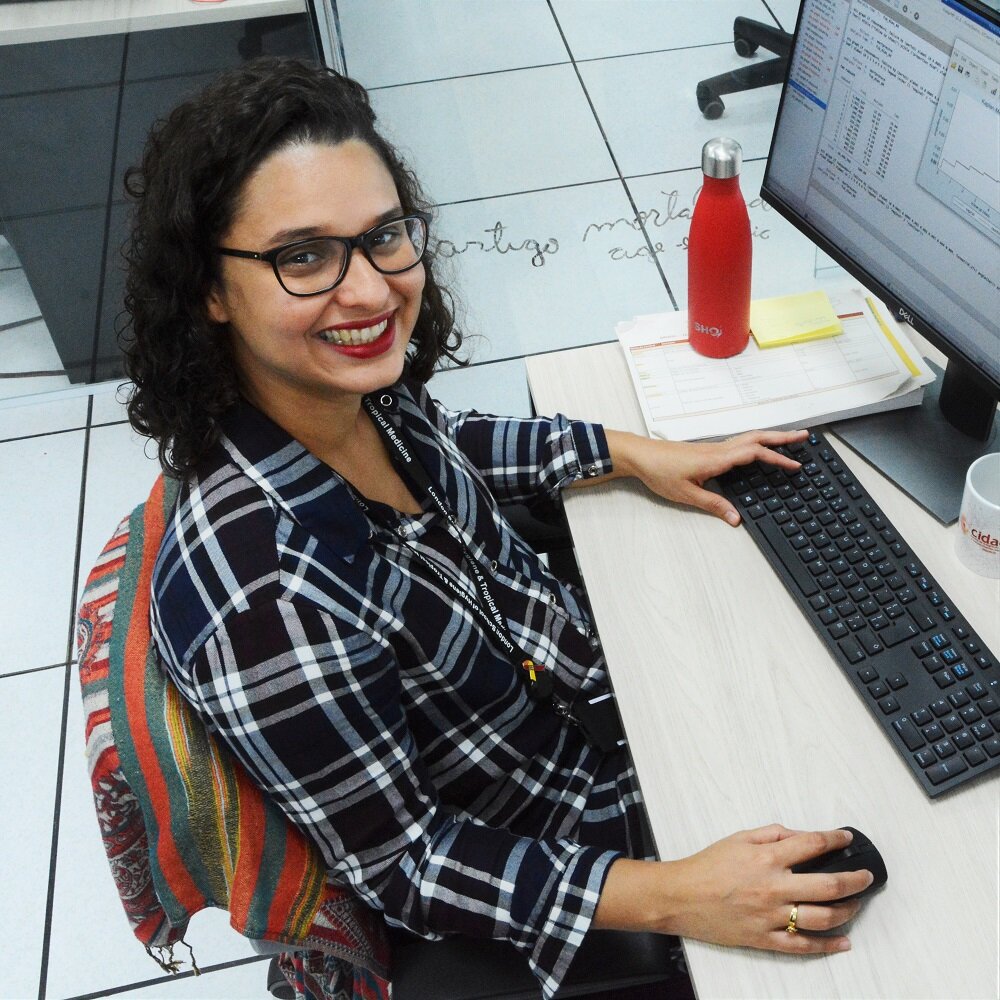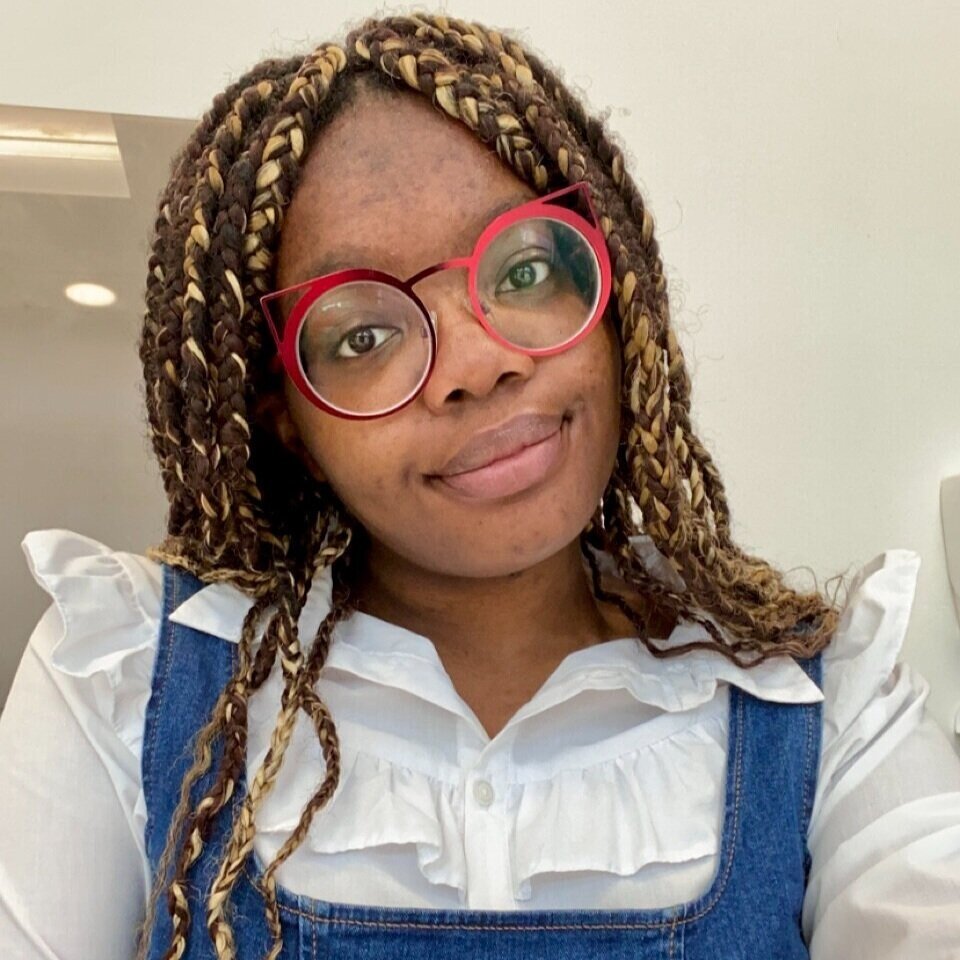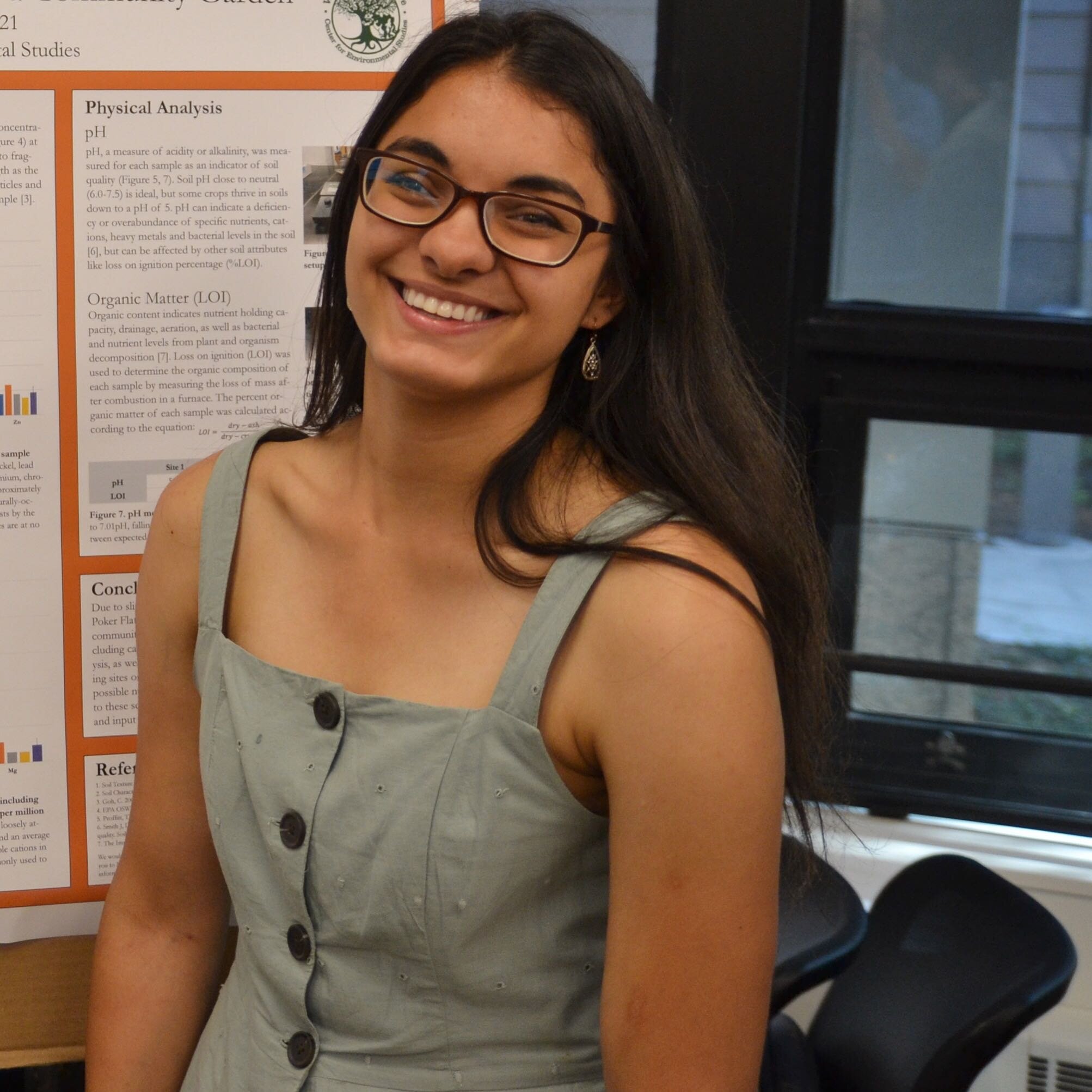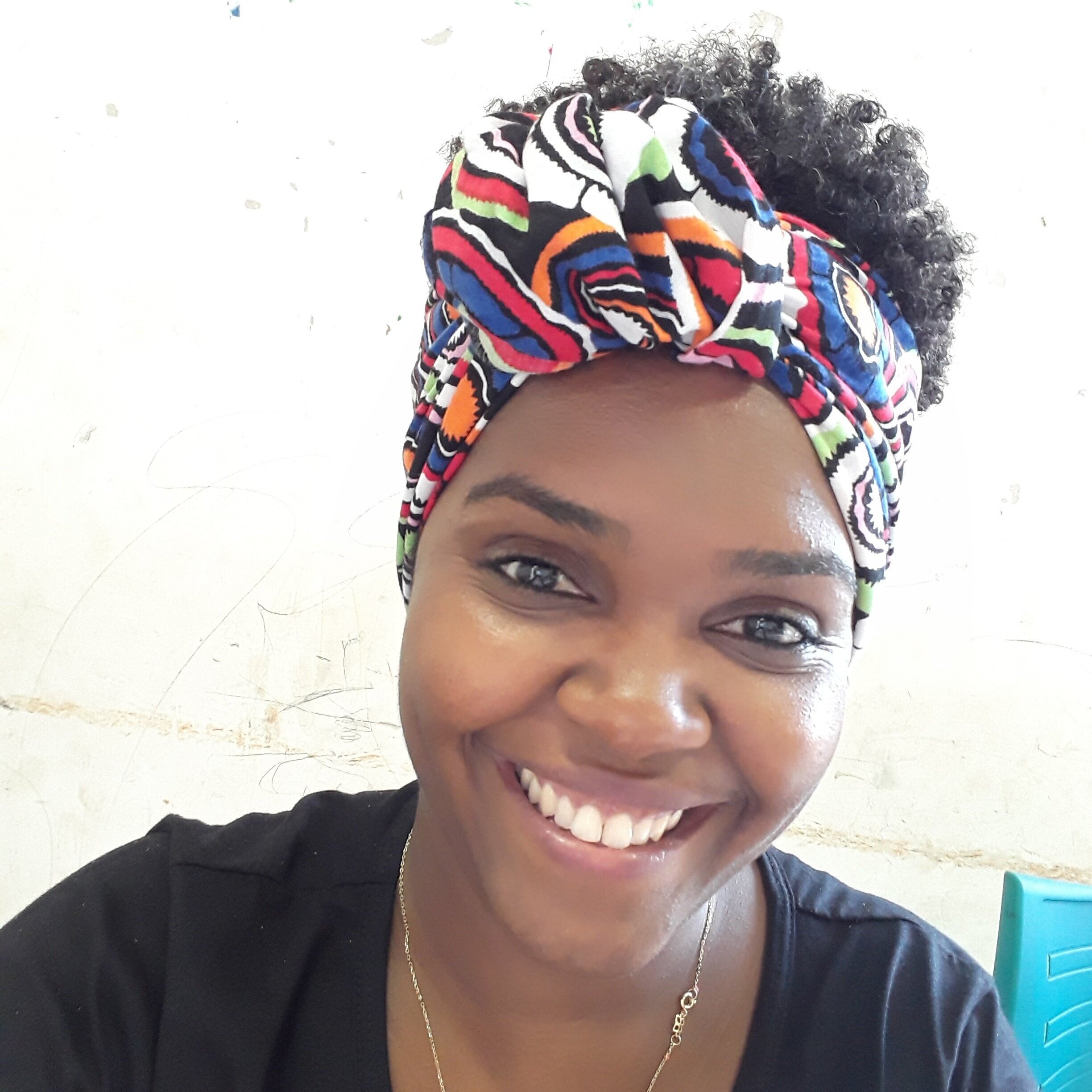HEAL Team, Alumni, & Collaborators
Elizabeth B. Brickley
Prof. Elizabeth B. Brickley is a Professor in the Department of Infectious Disease Epidemiology at the London School of Hygiene and Tropical Medicine. Prof. Brickley’s recent studies are primarily based in Brazil where she contributes to research capacity strengthening and epidemic preparedness. Since 2017, Prof. Brickley has collaborated closely with partners at CIDACS-Fiocruz (Salvador, Brazil) to study leprosy, arthropod-borne viruses, and child health. In addition, Prof. Brickley is actively engaged in the global Zika research community, studying Zika virus infections in pregnant women and Congenital Zika Syndrome in children. Prof. Brickley also conducts vaccine research in support of global polio eradication efforts and has advised on the Covid-19 pandemic response.
Enny S. Paixão
Dr. Enny S. Paixao Cruz is an Associate Professor of Infectious Disease Epidemiology in the Faculty of Epidemiology and Population Health at the London School of Hygiene and Tropical Medicine (UK). Dr Paixao's research focuses on the use of electronic health data in middle-income countries, infectious disease and maternal and child health. In collaboration with partners at CIDACS-Fiocruz (http://cidacs.bahia.fiocruz.br/), she uses big data approaches to investigate the effect of obstetric and pre-natal conditions, congenital infections, and other potential social and environmental determinants and impact of social policies on birth, growth, morbidity, and survival, overall and in subgroups of interest in a dynamic Brazilian birth cohort.
Julia M. Pescarini
Dr. Julia M. Pescarini is an Assistant Professor in the Faculty of Epidemiology and Population Health at the London School of Hygiene & Tropical Medicine and affiliated to The Centre for Data and Knowledge Integration for Health (CIDACS) from the Oswaldo Cruz Foundation in Brazil. She obtained her PhD in Public Health at the University of São Paulo in 2016 and her work focuses on using large administrative datasets to investigate the sociodeterminants of health and using quasi-experimental methods to evaluate the impact of social protection on health outcomes in Brazil. She has also interested in looking to key populations groups in Brazil, such as migrants, people experiencing homelessness and traditional groups. She is moved by living in word of equitable opportunities and also passionate about books and travelling.
Nuria Sanchez Clemente
Dr. Nuria Sanchez Clemente is a paediatric registrar and NIHR Academic Clinical Lecturer (ACL) in paediatric infection and immunity at St. George's University, London, and an Assistant Professor at LSHTM. Her academic and clinical interests are around congenital infections, neglected tropical diseases, health inequalities and migrant health. In 2010, as part of an MSc in Tropical Medicine (LSHTM) she travelled to the Peruvian Andes to undertake the first systematic review on Peruvian Bartonellosis. From 2014-2017 she lived in Brazil where she did her PhD on congenital Zika syndrome, studying the perinatal outcomes of a Zika pregnancy cohort in the state of Sao Paulo. Since then, she has continued to work with teams in Brazil, LSHTM and WHO to study the long term consequences for children born with congenital Zika infection and the wider impacts on their families and societies. Her more recent academic and clinical interests are around migrant health and health inequalities and she is studying large primary care datasets in order to compare patterns of paediatric primary and secondary healthcare usage between migrants and non-migrants in the UK. As a volunteer with Doctors of the World, she has also been analysing maternal and postnatal outcomes of undocumented migrants in the UK. In the last year she has also been working on the ‘Respond’ Refugee Family Project at UCLH which has involved qualitative research and the design of pathways for newly arrived asylum seeking children and young people to better understand and meet their needs in terms of infectious disease screening, mental health assessments and safeguarding. During her ACL, she also plans to work with the UKHSA to study current patterns of COVID and primary immunisation uptake in the UK by deprivation index and ethnicity.
Wema Meranda Mtika
Wema Meranda Mtika is a Research Assistant in the Department of Infectious Disease Epidemiology within the Faculty of Epidemiology and Population Health at the London School of Hygiene & Tropical Medicine. Wema is a Tropical Medicine/Public Health Researcher, holding a master’s degree in International Health and Tropical Medicine obtained from the University of Oxford. Wema has a vast background in conducting epidemiological research in HIV/AIDS, Hepatitis B among prison inmates, maternal and child health, and water and sanitation in Malawi, as well as global clinical translational research at the University of Oxford’s Global Health Network. At the University of Northern Carolina Project in Malawi, Wema supported a cohort study to improve HIV exposed infants’ ART adherence, and clinical work such as HIV testing and counselling, vaccinations, and assessing healthcare workers on HIV treatment delivery in 25 health facilities. Wema also has experience in academic tutoring, mentorship, and research project supervision. Wema’s broad interests are infectious/communicable disease epidemiology, clinical trials, determinants of health, and maternal, neonatal, and child health. Wema is passionate about mentoring postgraduate applicants, travelling, social media/photo blogging, and cooking.
Amber Raja
Dr Amber Raja is an Assistant Professor and infectious disease researcher at the Faculty of Epidemiology and Population Health, London School of Hygiene & Tropical Medicine. She gained her PhD in infectious disease and undertook her post-doctoral training at the National Institutes of Health. Her work in the infectious disease field, especially in the area of malarial disease, has allowed her to further develop her understanding of the inequality of infectious diseases. Dr Raja’s career has spanned both pre-clinical and clinical studies, and has exposed her to the essential need for evidence-based data to inform public health policies. She is currently co-leading a project on the sequelae of congenital Zika syndrome through a systematic assessment of published data. She is also co-leading a COVID-19 public engagement project, which has an emphasis on participant led research to understand the impact of infectious diseases on the lives and livelihoods of the communities we serve. She believes that engaging and working collaboratively within and across communities and institutions is crucial for the successful implementation of programmes and health improvement strategies. Her long term goal is to help improve our understanding of public health issues, especially in the area infectious diseases, with an aim to develop methods of prevention and treatment that will benefit human lives.
Julia Paoli
Julia Paoli is an MSc Epidemiology student at the London School of Hygiene and Tropical Medicine. She graduated from the University of Florida with a microbiology major and a French language minor. Julia is interested in global health security issues, health disparities, virology, and molecular epidemiology. At LSHTM her research project utilizes molecular epidemiology and phylogenetics to identify factors contributing to HIV transmission among adults. Her work with the HEAL team includes helping to facilitate the Decolonizing Public Health journal club. Julia aspires to combine her interests in virology and epidemiology to pursue a career focused on the prevention and mitigation of emerging viral outbreaks.
Delphine Starr
Delphine Starr is an MSc student at the London School of Hygiene and Tropical Medicine in Public Health, conducting a systematic review on gastrointestinal and urogenital outcomes in children with in utero exposure to Zika virus. Before beginning her MSc, Delphine worked in the Children’s Rights Division of Human Rights Watch. Delphine is passionate about child and maternal health and sexual and reproductive health rights, particularly in Latin America. The opportunity to work with the HEAL team and contribute to global Zika research feels especially meaningful given her history of living and working in the northeast of Brazil.
Maxine Pepper
Maxine Pepper is a Research Assistant within the Faculty of Epidemiology and Population Health at the London School of Hygiene & Tropical Medicine (LSHTM). Previously, she completed the MSc in Control of Infectious Diseases at LSHTM and the BSc in Human Sciences at University College London. She gained some research experience working on projects related to preventing healthcare-associated infections, improving maternal and child health, and promoting vaccination uptake. As part of the Health Equity Action Lab, she will focus on understanding the relationship between climate change and health.
Leila R. Mendonça-Vieira
Dr. Leila R. Mendonça-Vieira is Visiting Researcher at the Faculty of Epidemiology and Population Health at the London School of Hygiene & Tropical Medicine. She has research experience on cell biology and immunopathogenesis of arboviruses of great epidemiological importance in Brazil, such as Zika virus and Oropouche virus. During her Master’s and Ph.D studies, she explored the pathogenesis of arboviral infections and cell defense strategies against viral infections, developing part of her Ph.D research at the Immunobiology Department at Yale University. She is currently developing research on the sequelae of prenatal Zika virus exposure in children at the LSHTM. Moreover, she is interested in expanding her field of research into viral epidemiology, as well as into studying public health impact of arboviral infections in low- and middle-income countries. Her career aspiration is to apply her scientific knowledge into significantly contributing to the fields of viral immunobiology and epidemiology in Brazil.
Luxi Qiao
Luxi Qiao is a part time research assistant in the lab. She is currently a third-year medical student at the Washington University in St. Louis School of Medicine and has worked on projects such as collaborating with the Microcephaly Epidemic Research Group (MERG) in Recife to assess a potential prenatal screening program for ZIKV and a systematic review examining the relationship between socioeconomic indicators and arbovirus infection risk. Being part of the lab has reaffirmed her interest in global health and public health, and she hopes to use research, advocacy, and her future practice in the clinical setting to help improve healthcare quality and access for vulnerable populations both in the US and abroad.
Iman Amanour
Iman Amanour is an MSc student at the London School of Hygiene and Tropical Medicine on the Control of Infectious diseases course. At the school she is conducting a systematic review examining the neurodevelopmental outcomes of children born to mothers who had been infected with Zika virus during pregnancy. During her undergraduate degree she studied Biomedical Sciences at Brunel University. Being a member of the HEAL lab has reaffirmed her long-term goal to contribute and participate in research on public health, specifically in the area of infectious disease. She feels very fortunate to be a member of this team and aspires to embark on a PhD in the near future.
Tanaka Nyoni
Tanaka Nyoni is a Project Coordinator at the London School of Hygiene and Tropical Medicine. He has an academic background in the medical sciences, with a BSc (Hons) in Biomedical Science and an MSc in Medical Microbiology. Tanaka has trained in project management and has project management experience in both the public and private sectors. He currently leads on the grant management and coordination of a number of research projects including ZikaPLAN, The Global Vector Hub, GenoScent and birth cohort studies.
Marie Alden
Marie Alden is completing an MSc in Epidemiology at LSHTM, focusing mainly on infectious diseases. She graduated with a B.A. in International Studies and Public Health at American University in D.C. and became interested in health equity in Brazil after studying abroad in São Paulo for one year during my undergraduate degree. Since then, she worked as a contact tracer during the pandemic and as an intern for a Brazilian NGO in Rio de Janeiro, Comunidades Catalisadoras, where she has supported the COVID-19 Dashboard. She has a passion for learning languages and speak Portuguese, German, French, and is currently learning Spanish. In the future, she hopes to be involved in research related to the relationship between climate change and emerging infectious diseases.
Adanna Ewuzie
Adanna Ewuzie is a medical student at Queen’s University Belfast (QUB) who has just completed her third year. She will be pausing her studies to commence the MSc in Global Health Science and Epidemiology at the University of Oxford in 2021/22. Miss Ewuzie is currently undertaking the Black Internship Programme with Health Data Research UK and the London School of Hygiene and Tropical Medicine (LSHTM). As part of her internship, she is working on the COVID-OUT Study in collaboration with Public Health England, the Health & Safety Executive, and the University of Manchester. She has a strong passion for population health and is committed to taking up opportunities to broaden her interests and experiences. Miss Ewuzie frequently engages in leadership roles. Most recently, she founded an African and Caribbean Medical Society for medical students at QUB, which has hosted many successful events in its first year.
Jaya Alagar
Jaya Alagar is an aspiring scientific researcher with particular interests in environmental factors contributing to the origins, spreads, and treatments of diseases and toxins. At the London School of Hygiene and Tropical Medicine, she is assisting with a systematic review that is investigating effects of respiratory viruses in pregnant females on adverse fetal and birth outcomes. As a third-year undergraduate at Williams College, Jaya is studying chemistry and has keen interests in environmental health, exposure sciences, and toxicology. Inspired by her experiences chronicling contamination in the built environment, Jaya’s future work intends to use epidemiological, data-driven approaches to advance understandings of risks posed by hazards disproportionately affecting vulnerable communities.
Sonya Jampel
Sonya Jampel is a part time research assistant in the Health Equity Action Lab. She is currently assisting in research about the effect of maternal respiratory illnesses on birth outcomes while working full time as a middle school science teacher in the United States. During her undergraduate studies at Williams College in Williamstown, MA, USA, she studied Biology and Public Health. She feels lucky to work with the HEAL team and hopes to obtain a graduate degree in public health to pursue further research in health equity, maternal and child health, and community participatory research.
Emma Roy
Emma Roy is research assistant with the lab who has a passion for research and maternal and child health. Her love for the field was fostered by her undergraduate career as a health science student at Boston University. Come Fall 2021, she will be furthering her education by beginning a Master’s in epidemiology at the London School of Hygiene & Tropical Medicine. It is here where she hopes to strengthen her understanding of research, so she can give more back to the lab and research community.
Joilda Nery
I am a black woman from Bahia, Brazil, who is interested in investigating and understanding poverty-related diseases, especially tuberculosis and leprosy. Studies indicate that blacks and browns are at higher risk of morbidity and mortality from these diseases. I am an adjunct professor at the Institute of Collective Health/Federal University of Bahia, member of the faculty of the Graduate Program in Collective Health of the Federal University of Bahia and Vice-coordinator of the Integrated Program of Epidemiology and Impact Assessment on Population Health (ISC/UFBA). I completed a post-doctorate (2018) at the Oswaldo Cruz Foundation (FIOCRUZ); Master (2011) and PhD (2016) in Collective Health from the Institute of Collective Health of the Federal University of Bahia (UFBA) and hold a degree in Biomedicine from the State University of Santa Cruz (2007). The group I lead is formed by undergraduate and graduate students, mostly brown or black who face racism in everyday life and develop research and extension activities on neglected diseases in populations in vulnerable situations, such as homeless population and quilombolas. In addition, part of my group holds health education workshops and activities with adolescents and young people from a peripheral neighborhood of Salvador, Bahia. Each meeting has enabled the exchange of knowledge about public health, prevention/treatment, exposure factors of the diseases addressed and health promotion in populations in vulnerable situations. I have contributed to the undergraduate and graduate education of the Institute of Collective Health by participating and leading studies that have an academic and social impact, especially directed to the most vulnerable groups in our society, such as the project "Living conditions of traditional Afro-Brazilian communities (quilombolas and communities of terreiro): a geospatial and socioeconomic analysis".
Ludmila Lobkowicz
Ludmila Lobkowicz is a public health scientist with multidisciplinary experience in molecular medicine and epidemiology with a specific interest in infectious diseases. For the last couple of years she studied the epidemiology of co-circulating Dengue and Chikungunya viruses during the 2015 - 2017 Zika virus outbreak in Brazil and the association of socio-economic position and arbovirus infections in Brazil while conducting an MPhil in epidemiology at the London School of Hygiene and Tropical Medicine. Having completed a BSc in Biology and Chemistry at Humboldt University of Berlin, she went on to obtain an MSc in Molecular Medicine from Imperial College London. Building on her past experiences studying infectious disease and epidemiology her future work aims to look at how to improve health access in the context of infectious diseases.
Grace M Power
Grace M. Power is a PhD student in genetic epidemiology at the MRC Integrative Epidemiology Unit, University of Bristol. She is currently investigating the impact of risk factors at different points in the life course on disease outcomes, using the application of the principles of Mendelian Randomisation. Through this research, Grace is inspired to identify important translatable messages that have the potential to impact evidence-driven social policy. Prior to beginning her PhD, she completed a part-time MSc in Epidemiology at the London School of Hygiene & Tropical Medicine whilst working as a Project Manager and Researcher in their Departments of Disease Control and Infectious Disease Epidemiology. There, her research focused on health equity, assessing the relationship between social factors indicative of socioeconomic position and adverse outcomes following pre- and postnatal exposure to vector-borne diseases, predominately in the Latin American context. Grace has spent a significant amount of time working in Brazil, India, and Vietnam. Her early academic background lies in anthropology and previous work experience in international development.




















